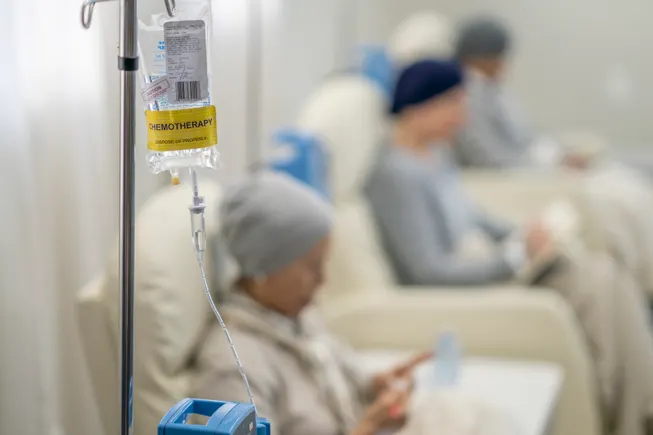Pharmaceutical companies are constantly striving to develop cutting-edge oncology therapies that have the potential to revolutionize cancer treatment. However, the success of these groundbreaking treatments relies heavily on ensuring that patients have access to them. Community oncology networks play a crucial role in bridging the gap between medical innovation and clinical implementation.
A recent survey conducted by Johnson & Johnson and The Harris Poll shed light on the challenges faced by healthcare professionals in accessing new cancer treatments. The survey revealed that 73% of healthcare professionals feel that there is a significant gap between new drug approvals and actual patient access. Additionally, three-quarters of oncologists expressed feeling overwhelmed by the pace of new treatment development, while navigating complex treatment guidelines posed a challenge for seven out of 10 healthcare providers.
According to Biljana Naumovic, worldwide vice president of global commercial strategy at Johnson & Johnson, pharmaceutical companies need to collaborate more effectively with healthcare providers across the country to ensure that new treatments reach patients in need. Naumovic emphasized the importance of understanding the broader healthcare system landscape and addressing the challenges related to the pace of innovation and continuity of patient care.
Dr. Fred Divers, chief medical officer at the American Oncology Network, highlighted the administrative burden faced by providers in implementing new oncology treatments. The rapid pace of drug approvals in cancer care has made it challenging for healthcare professionals to keep up with the evolving treatment landscape. However, initiatives such as Meaningful Insights Biotech Analytics and Ascend Technologies have enabled the AON to leverage patient data and clinical trials to match patients with the most appropriate therapies.
Collaboration between pharmaceutical companies and community oncology networks is essential to ensure that patients have access to cutting-edge treatments. While the pace of innovation in oncology shows no signs of slowing down, organizations like the AON are committed to operationalizing new insights and therapies for the benefit of cancer patients. Dr. Divers emphasized the importance of knowledge at the point of care, underscoring the need for healthcare providers to stay informed about the latest advancements in cancer treatment.
In conclusion, the future of cancer care lies in collaboration and knowledge sharing between pharmaceutical companies, healthcare providers, and community oncology networks. By working together to overcome roadblocks and streamline the implementation of new treatments, we can ensure that patients receive the personalized and precise care they deserve.


